
by Jonathan Sharp | 4 Sep 2024 | China, Decoder Replay, History, North Korea, Politics, Sports, United States
A selfie on the Olympic podium of competing ping pong players from North and South Korea reminds us of the ability of sports to bridge political divides. North Korea’s Ri Jong Sik, left, and Kim Kum, foreground left, with their bronze medals, China’s Wang...

by Bernd Debusmann | 28 Aug 2024 | Decoder Replay, History, Politics
Drones are being used in warfare in Ukraine, Sudan and the Middle East. Other nations have them. How did we get to this point and how much should it worry us? Ukrainian servicemen of the Ochi reconnaissance unit launch a drone to fly over Russian positions at the...
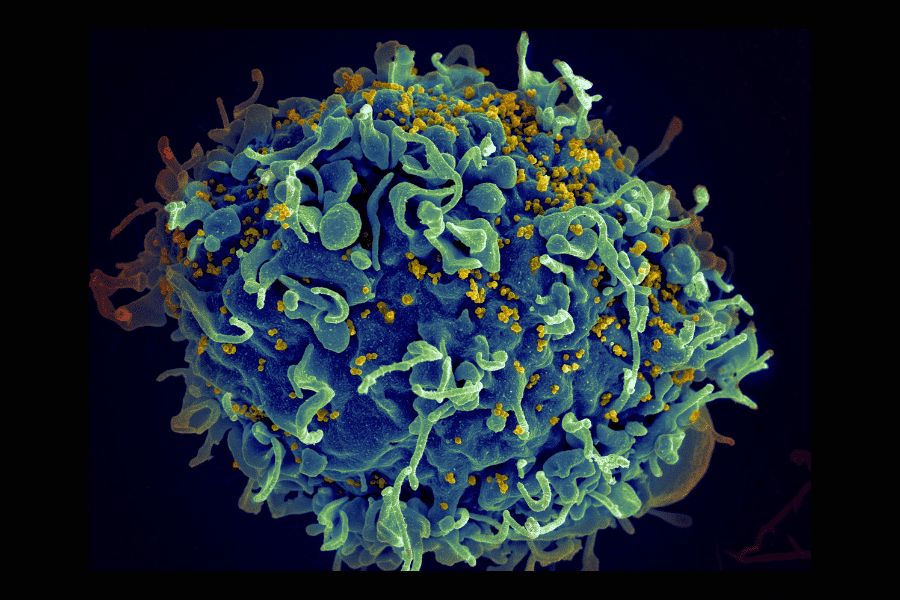
by Alfonso Silva-Santisteban | 19 Aug 2024 | Health and Wellness, History, Human Rights
After four decades and some 40 millions deaths, can we end this worldwide health crisis? A human T cell (blue) under attack by HIV (yellow), the virus that causes AIDS. Credit: U.S. National Cancer Institute This article was produced exclusively for News Decoder’s...

by Bernd Debusmann | 15 Aug 2024 | China, Government, History, Politics, Russia, Ukraine, United States
Go back three decades and the trend was towards global democracy. Now we see rising authoritarianism. Are we looking at global autocracy? Military tanks. (Credit: Mikhail Shapovalov/Getty Images) This article was produced exclusively for News Decoder’s global news...
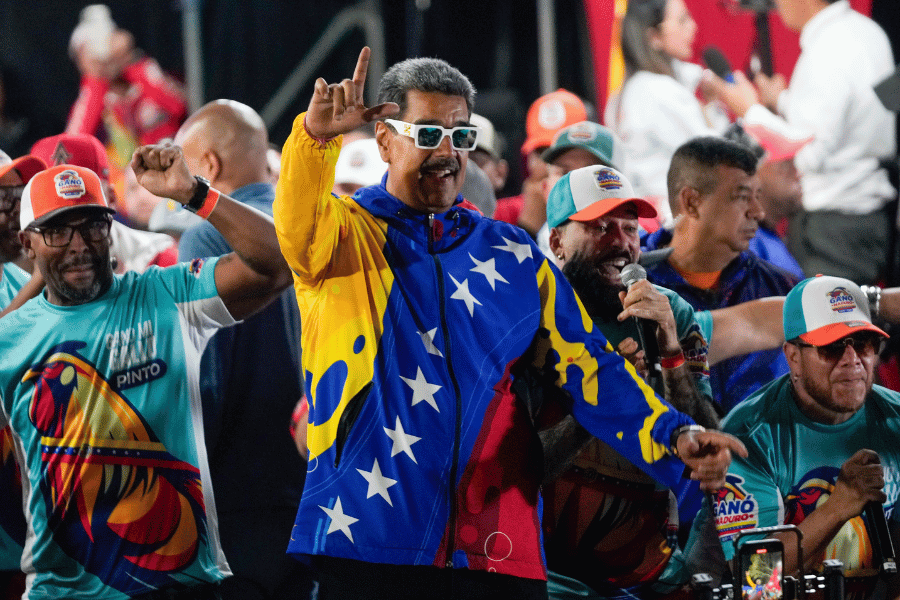
by Bernd Debusmann | 7 Aug 2024 | Decoder Replay, Economy, History, Politics, Wh-Y Vote
The chaos taking place in Venezuela over its recent election feels like a rerun. Why can’t a nation rich in oil satisfy the needs and desires of its people? Nicolas Maduro dances outside the Miraflores presidential palace after electoral authorities declared him...
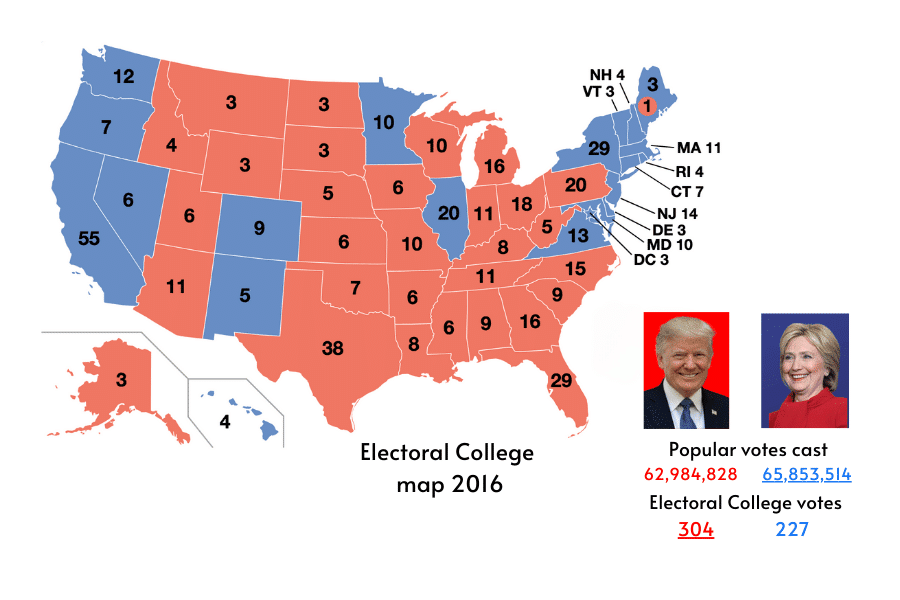
by Marcy Burstiner | 1 Aug 2024 | Decoders, History, Politics, Wh-Y Vote
Why the winner of the most votes in the U.S. presidential election might lose the presidency. A map shows the results of the Electoral College in the 2016 U.S. presidential election and the results of the general election. (Illustration by News Decoder) This article...

by Alistair Lyon | 31 Jul 2024 | Asia, Decoder Replay, History, Politics
Change in leadership in the two countries brings the possibility of rapport. But there is a long history of hostility that is hard to overcome. Supreme Leader Ayatollah Ali Khamenei, left, speaks after giving his official seal of approval to newly-elected President...
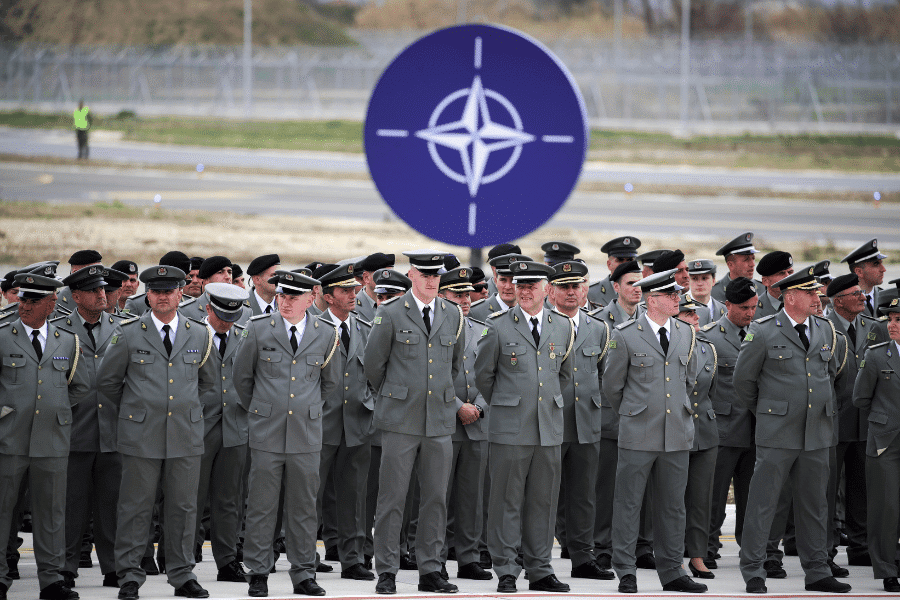
by John West | 29 Jul 2024 | Decoders, Europe, History, Politics, Russia, Ukraine, United States
The mutual defence pact started with 12 nations and now has 32 members. But does bigger mean safer? Military officers attend a ceremony in Albania for the inauguration of an international tactical air base, NATO’s first in the Western Balkan region, 4 March 2024. (AP...
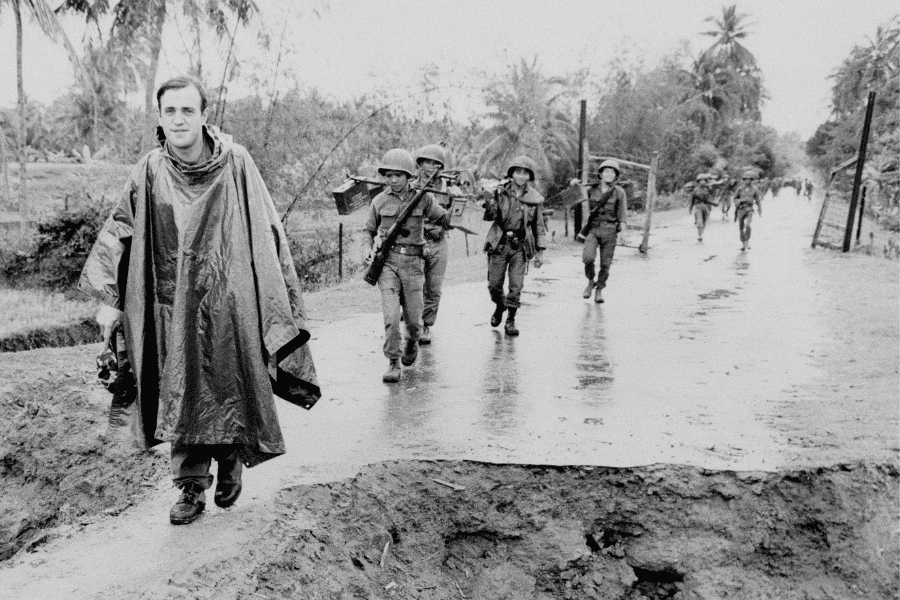
by Susan Ruel | 18 Jul 2024 | Asia, History, Journalism, News Photography, United States
In 1962 reporters arriving in Vietnam found an increasing U.S. military presence that wasn’t supposed to exist. Reporting what was happening took courage. Associated Press correspondent Peter Arnett, left, marches in column with Vietnamese troops as he covers...
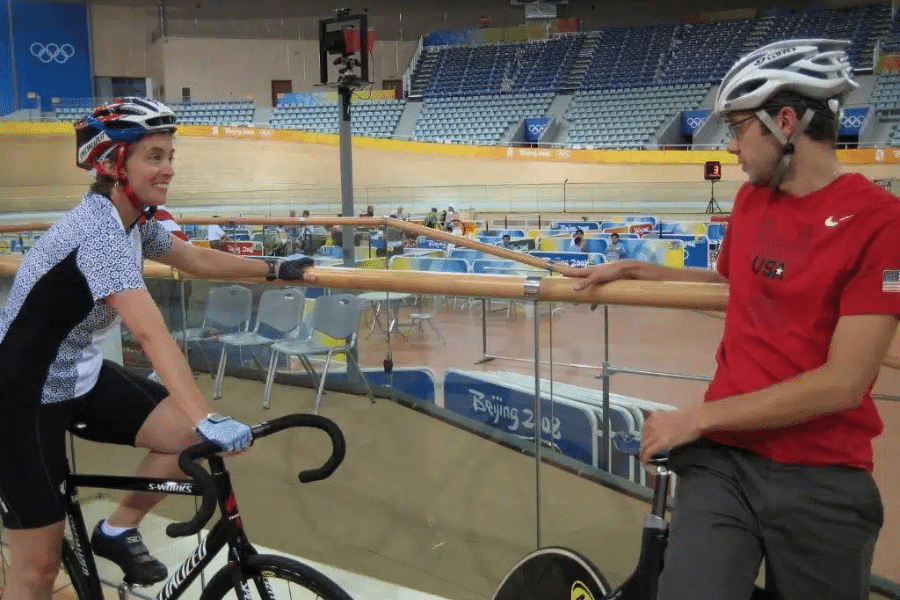
by Deborah Charles | 17 Jul 2024 | Decoder Replay, History, Journalism, Sports
Journalists don’t win medals. But to cover the Olympics takes extraordinary stamina. You don’t want to let down the team. The author (left) before tackling the Beijing velodrome. (Photo courtesy of Deborah Charles) Editor’s note: The 2024 Summer...










